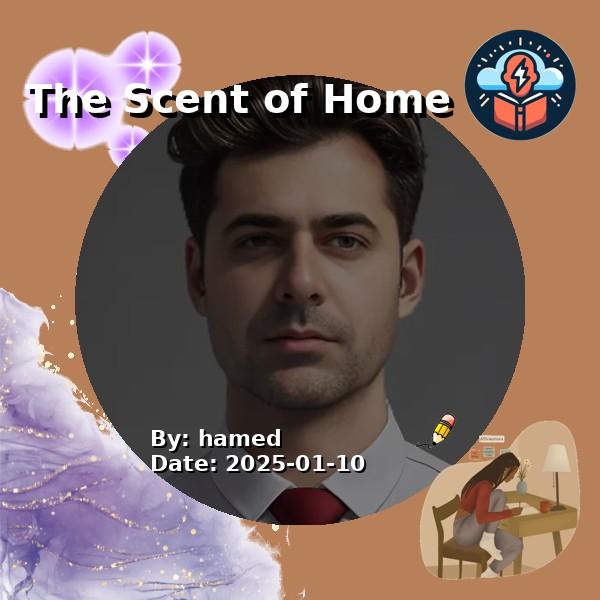Maria's corner office on the thirty-fifth floor overlooked Manhattan's skyline, a view that still amazed her twenty years after arriving with nothing but a single suitcase and her mother's recipe book. The leather chair, the awards on the wall, the framed MBA from Columbia – all testified to the American Dream fulfilled. Yet every evening, as the city lights began to twinkle, her thoughts drifted back to the dusty streets of her childhood village.
She thought of mangoes ripening on the tree outside her grandmother's kitchen window, their sweet perfume floating through the afternoon air. No matter how many times she bought mangoes from Whole Foods, they never smelled quite the same. They were like photographs of the fruit she remembered – perfect on the surface but missing something essential.
Her assistant knocked, bringing papers to sign. "Another record quarter, Ms. Rodriguez. The board is thrilled."
Maria nodded, signing automatically while her mind wandered to the sound of her mother grinding spices at dawn, the rhythm of the stone mortar a lullaby that had drifted up to her bedroom. She'd tried to recreate that sound once, buying an expensive mortar and pestle, but the marble made a different note than her mother's worn stone one.
In her pristine Upper East Side apartment, Maria kept a box of earth from her family's garden, brought over during her last visit home. Sometimes, late at night, she would open it and let the scent of her native soil fill her nostrils, carrying her back to barefoot days chasing chickens through her mother's vegetable patch. Her therapist called it progress that she could now do this without crying.
Her colleagues marveled at her focus, her drive, her endless capacity for work. They didn't understand that keeping busy was her shield against the tidal wave of memories that threatened to overwhelm her in quiet moments. Success was her anchor in this new world, even as her heart remained moored to the old one.
Each morning, she made coffee in an expensive machine that produced the perfect espresso, yet it never matched the taste of the coffee her father had brewed over a charcoal stove, serving it in mismatched cups to neighbors who dropped by unannounced. Here, visits were scheduled weeks in advance, coordinates plotted in digital calendars.
Her son, born in New York, rolled his eyes when she tried to teach him their native language. "Mom, everyone speaks English now," he'd say, turning back to his iPhone. She couldn't explain to him how each word lost to time felt like a small death, another thread severed from the tapestry of her past.
During video calls, her mother praised her success, showed off photos of Maria in magazines to the neighbors, bragged about the money she sent home. But Maria saw the unspoken question in her mother's eyes: Was it worth it? The missed funerals, the births celebrated through screens, the gradual fading of relationships maintained only through pixels and waves of data?
At night, Maria dreamed in her native tongue, of streets she hadn't walked in decades, of faces growing older only in yearly photos. She'd achieved everything she'd set out to do, built a life her parents could never have imagined. Yet success tasted bittersweet, seasoned with the salt of memory and loss.
In her most honest moments, Maria admitted that she lived in two worlds – one built of accomplishment and advancement, the other of haunting reminiscence. The hardest part wasn't leaving or succeeding. It was realizing that no amount of success could bridge the gap between these worlds. She was forever suspended between them, like a bird with a wing in two different winds.
Some nights, she still made her mother's recipes, filling her modern apartment with ancient scents. Her son would wander in, drawn by the unfamiliar spices, and for a moment – brief as a shooting star – the worlds would align, and she could almost believe she was home.
